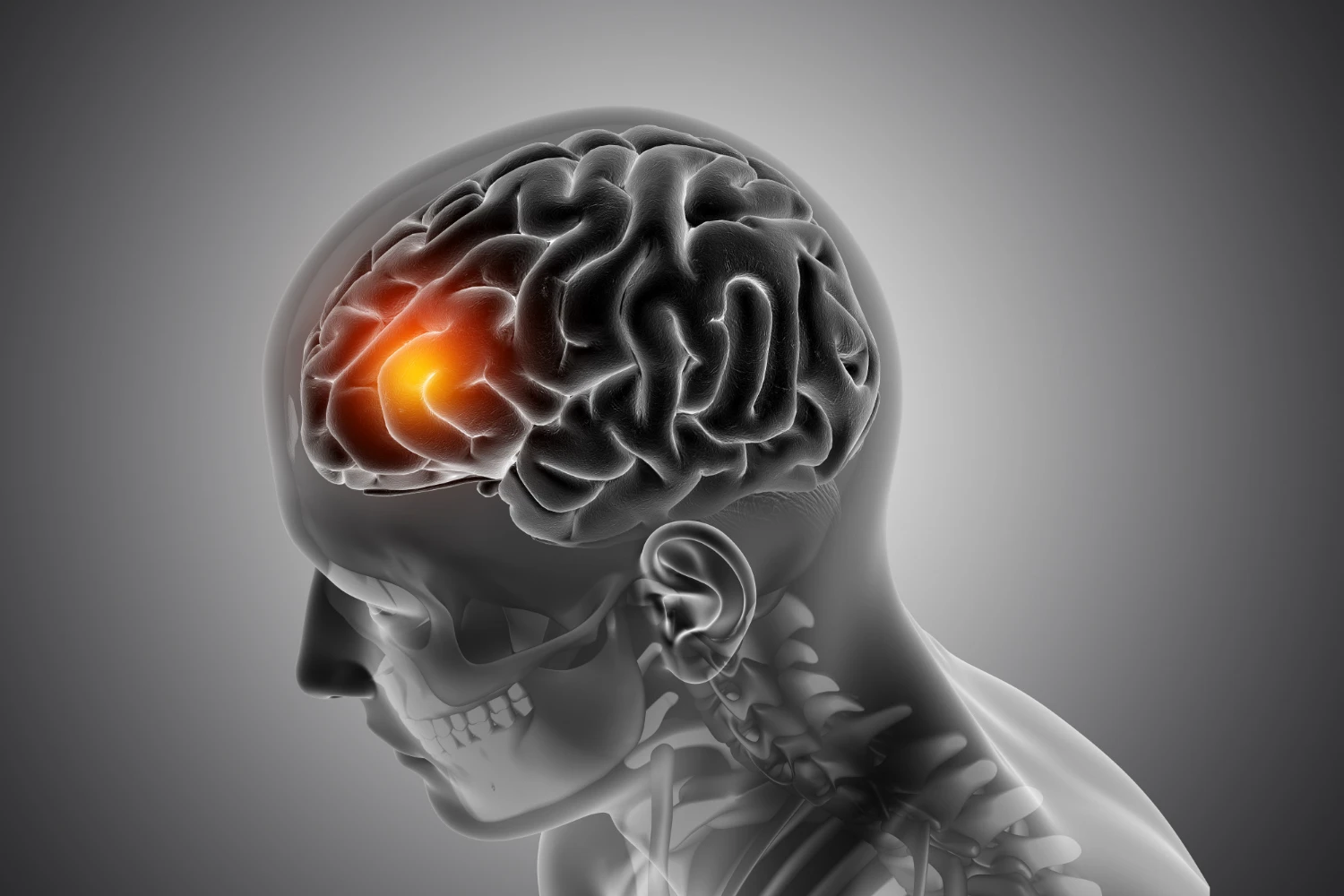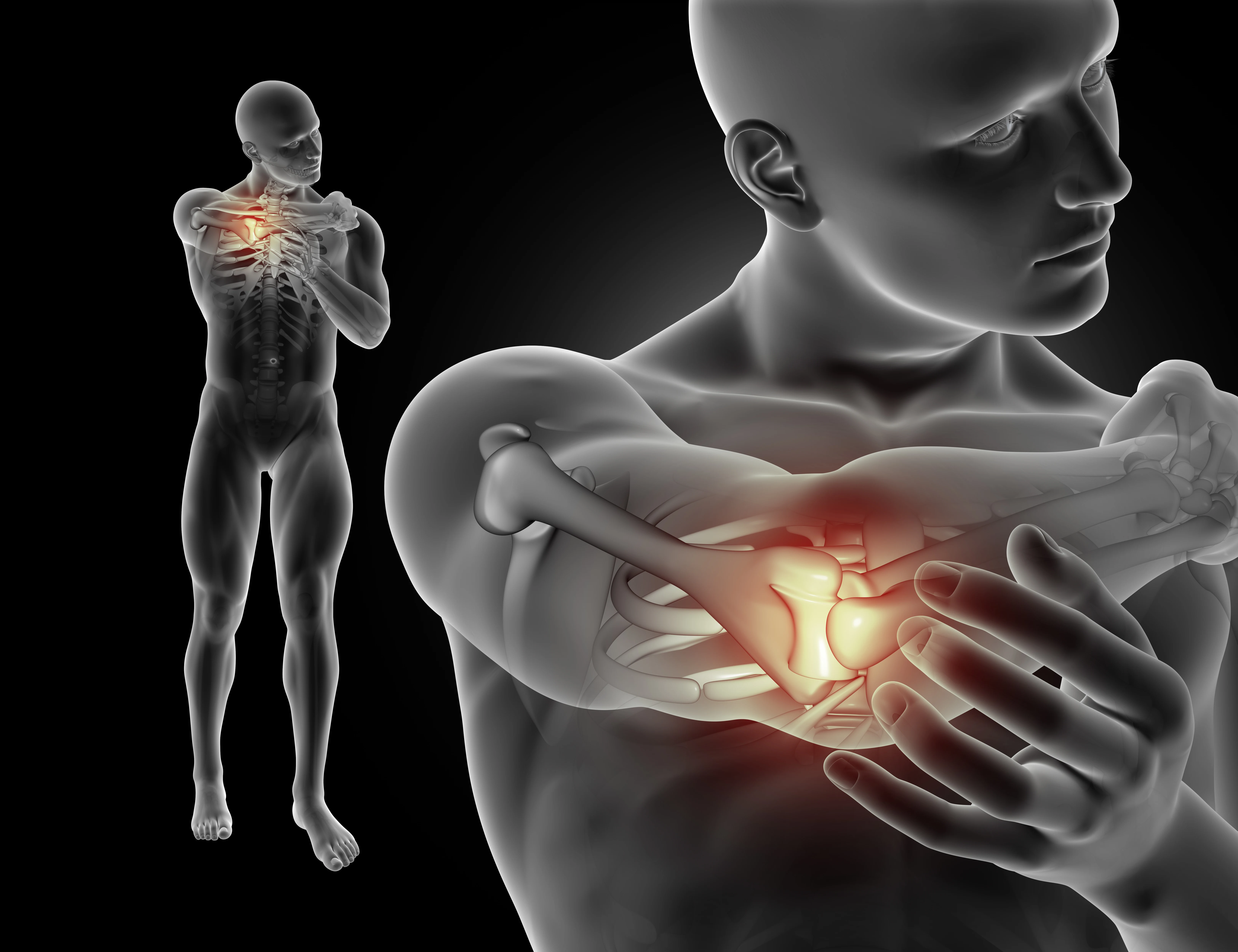Can Fasting Cause Hyperacidity?
Category: Blogs
Fasting and Hyperacidity: What You Need to Know
Fasting has been practiced for centuries for religious, spiritual, and health reasons. Many people fast intermittently to improve metabolism, detoxify the body, or for weight management. However, a common concern among those who fast is whether it can lead to hyperacidity.
What is Hyperacidity?
Hyperacidity, also known as acid reflux or GERD, occurs when excess stomach acid irritates the lining of the stomach or flows back into the esophagus. Symptoms include:
- Heartburn (burning sensation in the chest)
- Acidic taste in the mouth
- Bloating and discomfort
- Nausea
- Frequent burping
How Fasting Affects Stomach Acid
Fasting impacts digestion in various ways, influencing stomach acid production:
- Stomach Continues to Produce Acid: Even without food, the stomach secretes acid, potentially leading to irritation.
- Increased Gastrin Hormone: Fasting may elevate gastrin levels, triggering excess acid production.
- Weakened Esophageal Sphincter: Long fasting periods can reduce sphincter strength, increasing acid reflux risk.
- Changes in Gut Motility: Fasting alters digestion speed, potentially causing bloating and acidity.
Who is at Risk?
Individuals more prone to hyperacidity while fasting include:
- People with GERD or gastritis
- Those with a history of ulcers
- Individuals consuming excessive caffeine or spicy foods before fasting
- People under high stress
Preventing Hyperacidity While Fasting
- Choose the Right Pre-Fasting Meal: Avoid spicy, fried, or acidic foods.
- Stay Hydrated: Drink water and herbal teas to reduce acidity.
- Avoid Caffeine and Carbonated Drinks: These can trigger acid production.
- Break Your Fast Gradually: Start with light meals like fruits and soups.
- Manage Stress: Practice meditation and deep breathing.
- Use Natural Remedies: Aloe vera juice, bananas, cold milk, and fennel seeds help reduce acidity.
When to Seek Medical Help
Consult a doctor if you experience:
- Frequent heartburn
- Intense stomach pain
- Difficulty swallowing
- Vomiting blood or black stools
For expert consultation and personalized treatment plans, visit Lokmanya Hospitals today!
FAQs
1. Can fasting cause hyperacidity?
Yes, as the stomach continues producing acid without food.
2. Who is more likely to experience hyperacidity?
People with GERD, gastritis, ulcers, or those consuming caffeine/spicy foods before fasting.
3. What are the symptoms?
Heartburn, bloating, nausea, burping, and chest discomfort.
4. How can I prevent hyperacidity?
Eat balanced meals, stay hydrated, avoid caffeine, and break your fast gradually.
5. What foods help reduce acidity?
Bananas, cold milk, oatmeal, nuts, aloe vera juice, and herbal teas.
6. Can water reduce acidity?
Yes, staying hydrated dilutes stomach acid.
7. What should I eat to break my fast?
Fruits, nuts, dates, warm soups—avoid greasy/spicy foods.
8. Does stress increase acidity?
Yes, stress stimulates acid production.
9. When should I see a doctor?
For severe or frequent symptoms like intense pain or vomiting blood.
10. Where can I get medical advice?
For expert consultation and personalized treatment, visit Lokmanya Hospitals.
Previous blog







